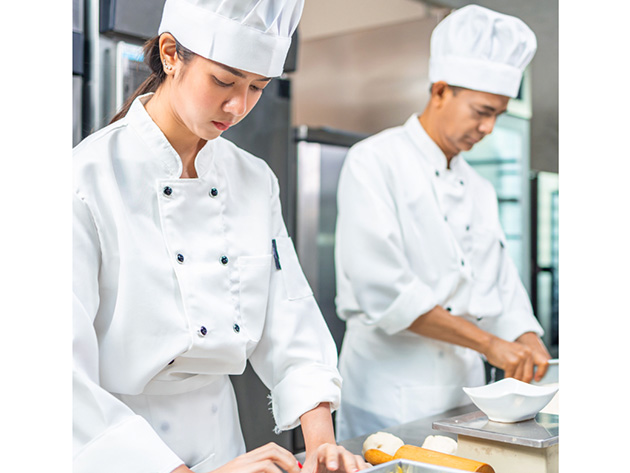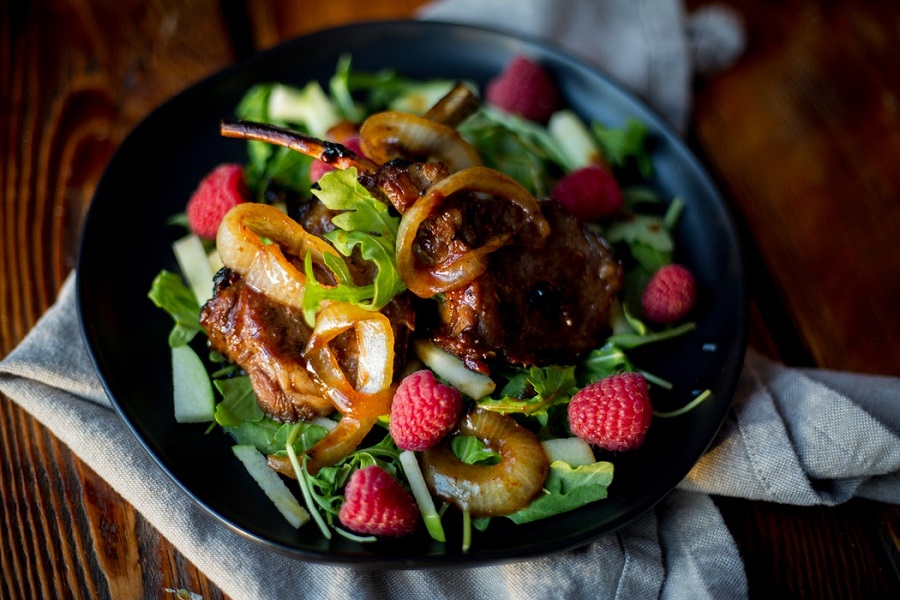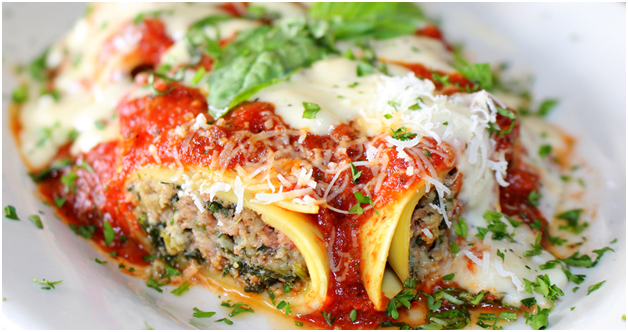Halal certification is very important in Singapore, a country that celebrates ethnic diversity, particularly in the food industry. Cake shops, in particular, face scrutiny when it comes to halal certification, as customers seek assurance that the products they consume adhere to Islamic dietary laws. In this article, we explore the reality of halal certification for cake shops in Singapore, shedding light on the process, challenges, and benefits.
Halal Certification
Halal certification ensures that food products and establishments comply with Islamic dietary laws, including the sourcing, preparation, and handling of ingredients. In Singapore, the Islamic Religious Council of Singapore (MUIS) oversees the halal certification process, which involves rigorous inspections and audits to verify compliance. For cake shops, obtaining halal certification involves adhering to strict guidelines regarding ingredient sourcing, production methods, and facility cleanliness.
Navigating the Certification Process
Obtaining halal certification for a cake shop in Singapore is a multi-step process that requires careful planning and preparation. The first step involves applying MUIS, along with detailed information about the ingredients used, production processes, and facility layout. Once the application is reviewed and approved, MUIS conducts on-site inspections to ensure compliance with halal requirements. It includes verifying the segregation of halal and non-halal ingredients, the use of halal-certified equipment, and the implementation of hygienic practices.
Challenges Faced by Cake Shops
Despite the importance of halal certification, cake shops in Singapore often face challenges in obtaining and maintaining certification. One common challenge is sourcing halal-certified ingredients, especially for speciality items like flavourings, extracts, and decorations. Limited availability and higher costs of halal-certified ingredients can pose logistical and financial challenges for cake shops, particularly smaller establishments with tighter budgets. Additionally, ensuring strict segregation of halal and non-halal ingredients in a shared kitchen environment requires meticulous attention to detail and additional resources.
Benefits of Halal Certification
While obtaining halal certification may present challenges, there are several significant benefits for halal birthday cake shops in Singapore. Firstly, halal certification enhances the marketability of products, as it assures Muslim consumers of compliance with Islamic dietary laws. This can lead to increased customer trust and loyalty, as well as access to a broader customer base. Moreover, halal certification demonstrates a commitment to quality and cleanliness, which can enhance the reputation of the cake shop and differentiate it from competitors.
Meeting Diverse Customer Needs
In Singapore’s multicultural society, halal certification is not only about catering to Muslim consumers but also about inclusivity and respect for diversity. By obtaining halal certification, cake shops demonstrate a commitment to meeting the dietary needs and preferences of all customers, regardless of their religious beliefs. This inclusive approach fosters a sense of unity and harmony within the community and reflects the values of tolerance and acceptance that Singapore prides itself on.
Navigating the Certification Process
Obtaining halal certification for a cake shop in Singapore is a multi-step process that requires careful planning and preparation. The first step involves applying MUIS, along with detailed information about the ingredients used, production processes, and facility layout. Once the application is reviewed and approved, MUIS conducts on-site inspections to ensure compliance with halal requirements. This includes verifying the segregation of halal and non-halal ingredients, the use of halal-certified equipment, and the implementation of hygienic practices.
Conclusion
The reality of halal certification for cake shops in Singapore involves navigating a complex process that requires careful planning, adherence to strict guidelines, and dedication to quality. While obtaining certification may pose challenges, the benefits far outweigh the obstacles, including increased marketability, customer trust, and inclusivity. By obtaining halal certification, cake shops not only demonstrate compliance with Islamic dietary laws but also contribute to a more diverse and inclusive society in Singapore.

For expertly crafted halal-certified cakes in Singapore, contact Swee Heng Bakery today to delight your taste buds while respecting your dietary preferences and cultural values.





